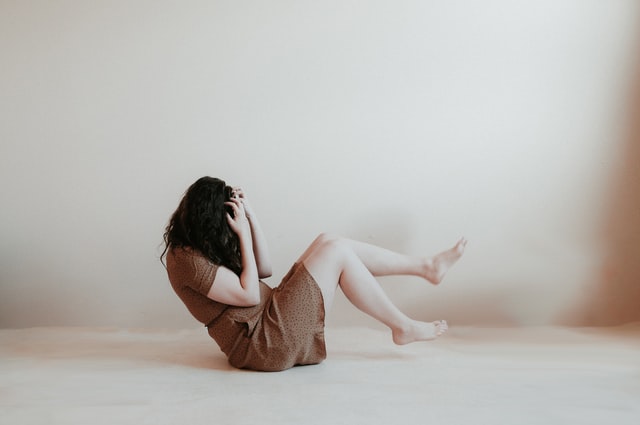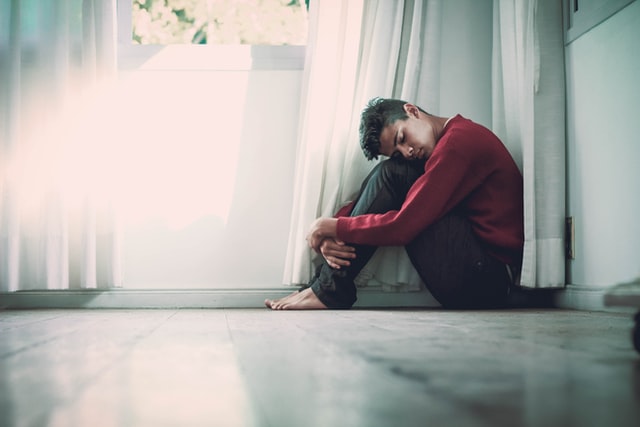Anxiety is a natural emotional state that appears in everyday life. It is a normal reaction to stressful situations such as a public speech, an important exam, or a threat from an aggressive dog. However, in some people anxiety lasts longer and is more severe, even if the stressful moment is long past. Prolonged anxiety and tension can become a serious disorder that makes it impossible to deal with everyday matters, and the person experiencing it is unable to control it. How to get rid of anxiety?
Anxiety becomes a disorder when it begins to exert a paralyzing effect on a person’s life – when it significantly reduces the quality of life and limits functioning (e.g. by avoiding social contact) and is a source of mental suffering.
Treatment of anxiety disorders
The method of treating anxiety disorders depends, among others, on how the anxiety is experienced by the patient and what expectations a person has. Mild symptoms can be silenced, for example, by changing your lifestyle (regular exercise, relaxation, meditation). If the symptoms are more serious and last a relatively long time, adversely affecting the quality of human life – it is advisable to seek professional psychological and / or psychiatric help.

Psychological methods
Psychological therapies can not only help return to balance, but also prevent anxiety recurrence. They are the most effective strategy for treating anxiety disorders.
One of the most effective forms of psychological therapy in anxiety disorders is cognitive behavioral psychotherapy (CBT). During such therapy, the patient learns to see patterns of thinking and behavior that predispose him to feel anxiety.
Pharmacotherapy
Research indicates that psychological therapies work best in dealing with anxiety, but if the symptoms worsen, pharmacotherapy may be very helpful. This applies to people whose anxiety is very severe and impedes their functioning, and those who, for various reasons, cannot undergo psychotherapy.
Antidepressants with anxiolytic effect:
- many types of antidepressant medications can help you deal with anxiety. This is because anxiety and depression often occur together, and have very similar neuroreceptor pathways.
Drugs from the benzodiazepine group:
- unlike antidepressants, benzodiazepines are intended for short-term use only (2-4 weeks) as part of a broader treatment plan, not as the first or only treatment.
How to deal with anxiety?
The following tips are no substitute for professional help, but they may be useful. When you experience anxiety:
- postpone serious changes in life for later: facing them is also difficult without increased fear, so if possible, make serious decisions like moving house or change of work until you feel better,
- solve conflicts in relationships: trouble in relationships can contribute to anxiety, so develop the ability to open communication and solve problems as they begin to grow,
- Maintain a healthy lifestyle: eating healthy, exercising regularly and getting enough sleep can help you deal with anxiety,
- relax: find time for activities that give you pleasure like reading, running, meditation, listening to music. There are also many relaxation techniques that you can learn, for this you buy a guide or sign up for the appropriate course,
- limit alcohol and drug use: they can cause long-term problems and hinder recovery. Avoiding stimulants is also a good idea.








